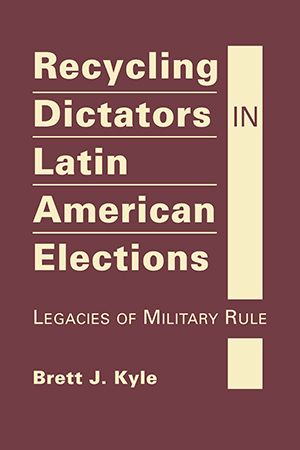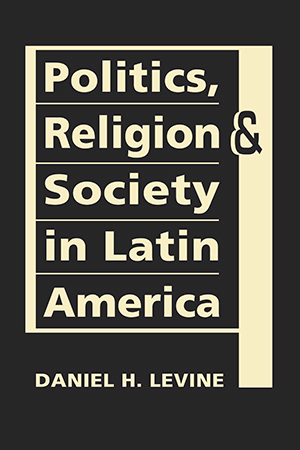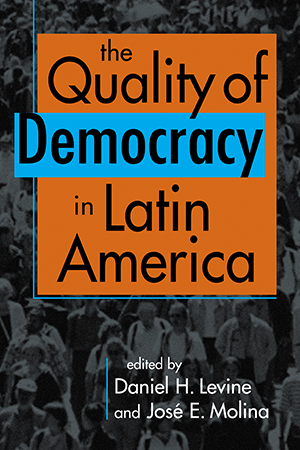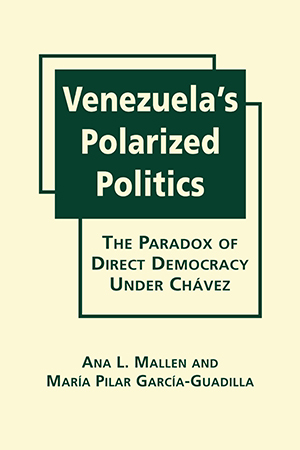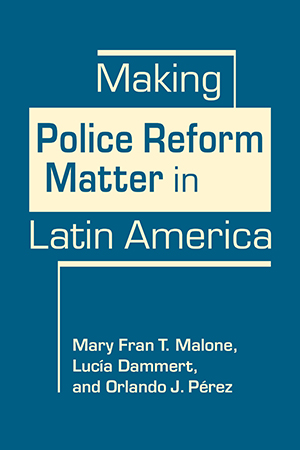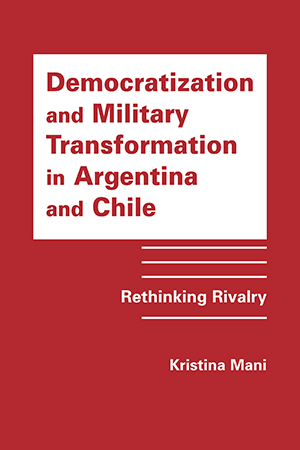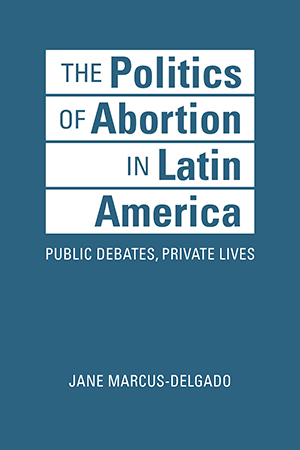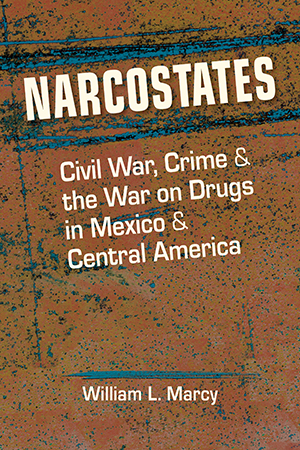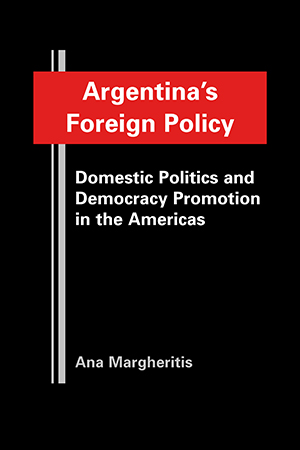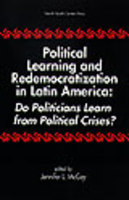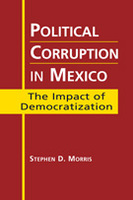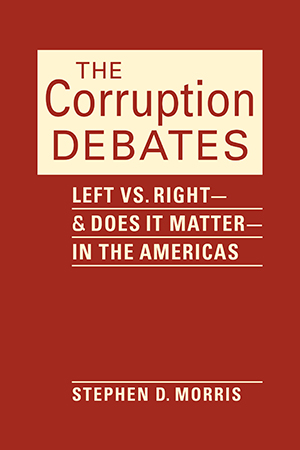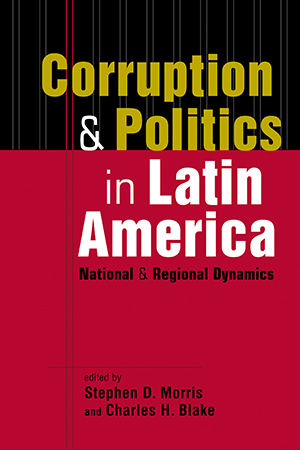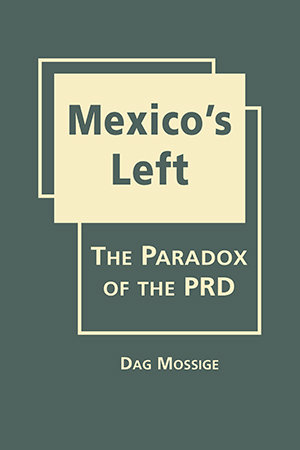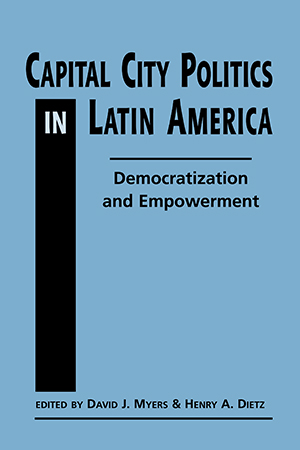Latin American and Caribbean Politics
What explains the presence—and the surprising performance—of former authoritarian-regime officials in Latin American presidential elections? To answer that question, Brett J. More >
Long assumed to be an unchanging and unquestioned bulwark of established power and privilege, religion in Latin America has diversified and flourished, while taking on new social and More >
In considering the nature and future prospects of the current wave of democracies in Latin America, analysis has shifted from a concern with regime change, transitions, and consolidation More >
During Hugo Chávez's presidency, Venezuelan society underwent a sudden—and vicious—split between the Chavistas and the Opposition. What accounts for the extreme More >
Police forces in Latin America historically have been regarded as hopelessly corrupt, inefficient, and even abusive. More recently, however, there have been clear signs that police reforms More >
Is there a relationship between the consolidation of democracy and the ending of rivalries with neighboring states? Can internationalist foreign policies be useful in More >
With Latin America home to some of the most draconian bans on abortion in the world, abortion rights is one of the most controversial and hotly contested topics in Latin American politics More >
How did Mexico and Central America become a lawless corridor for conveying narcotics into the United States? How did the drug cartels rise to power, succeeding in institutionalizing the More >
Why would a state commit to foreign policy actions that do not appear to have relevance to its national interests? And what can we learn from Argentina’s extensive involvement in More >
Intrigued with the question of how societies adopt norms, institutions, and rules associated with liberal democracy, the contributors to this volume examine how political actors in Latin More >
Has the fundamental shift in Mexico's political system away from single-party authoritarian rule had any impact on the pattern of corruption that has plagued the country for years? Is More >
While there is arguably universal agreement that corruption plagues countries worldwide, do we agree as well on what corruption is and how to fight it? Do the left and right on the political More >
Does corruption grease the wheels of Latin American politics, facilitating its operation? Or does it undermine democratic rule and worsen the perennial problems of poverty and inequality. Do More >
Why has Mexico's political left been in such turmoil since the dramatic 2006 election? What explains the contentious relationship between the country's largest left-wing party, the More >
As Latin America's new democratic regimes have decentralized, the region's capital cities—and their elected mayors—have gained increasing importance. Capital City More >


